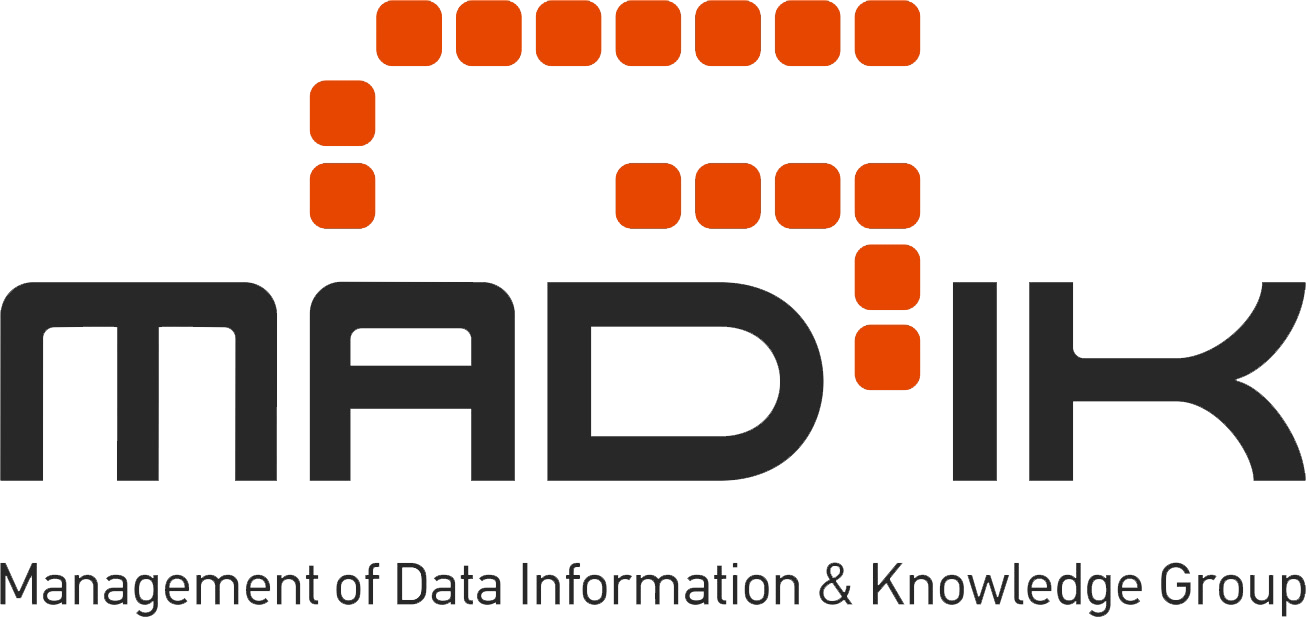Desktop Experiment Management
Traditionally, the scale and scope of an experimental study was determined by the ability of the research team to generate data. Over the past few years, we have been experiencing an unprecedented increase in the ability of small teams of experimental scientists to generate data. This has led to a shift in the balance between the different components of an experimental study. Today, it is not uncommon to find a study whose scale and scope have been determined by the ability of the team to manage the data rather than to generate it. Whether the discipline is experimental computer science [4], genetics, earth and space sciences, soil sciences, or high-energy physics, scientists are faced in their daily work with an experiment and data management bottleneck. Unfortunately, an experimental scientist can not find ready off-the-shelf management tools that offer both the functionality required by a scientific environment and an interface that feels natural and intuitive to the non-expert. While no special expertise is needed to manage a collection of images stored as files on a PC or as pictures in a paper notebook, existing database systems (DBMSs) that offer the desired functionality require expertise that most teams of experimental scientists do not have and can not afford to pay for. This poses a challenge to the database community to develop management tools that can be tailored by a typical scientific team to effectively manage their unique experimental environment. To address this challenge, we have undertaken an effort to develop a desktop Experiment Management System (EMS) [2]. We view the desktop EMS as the sole interface between the experimental scientist and the data. Throughout the life cycle of a study, the system will support the scientist in a range activities; it will be used to design the study, to order experiments, to manage the data, and to analyze the results. Before such a system can be implemented and placed on the desk of typical experimental scientists, answers to a range of traditional and non-traditional database management problems must be obtained. In this paper, we give an overview of the activities performed by scientists throughout the course of an experimental study and present the overall architecture of the EMS under development. We then discuss the issues that we have addressed so far and outline some of the solutions that we plan to incorporate in the system.




